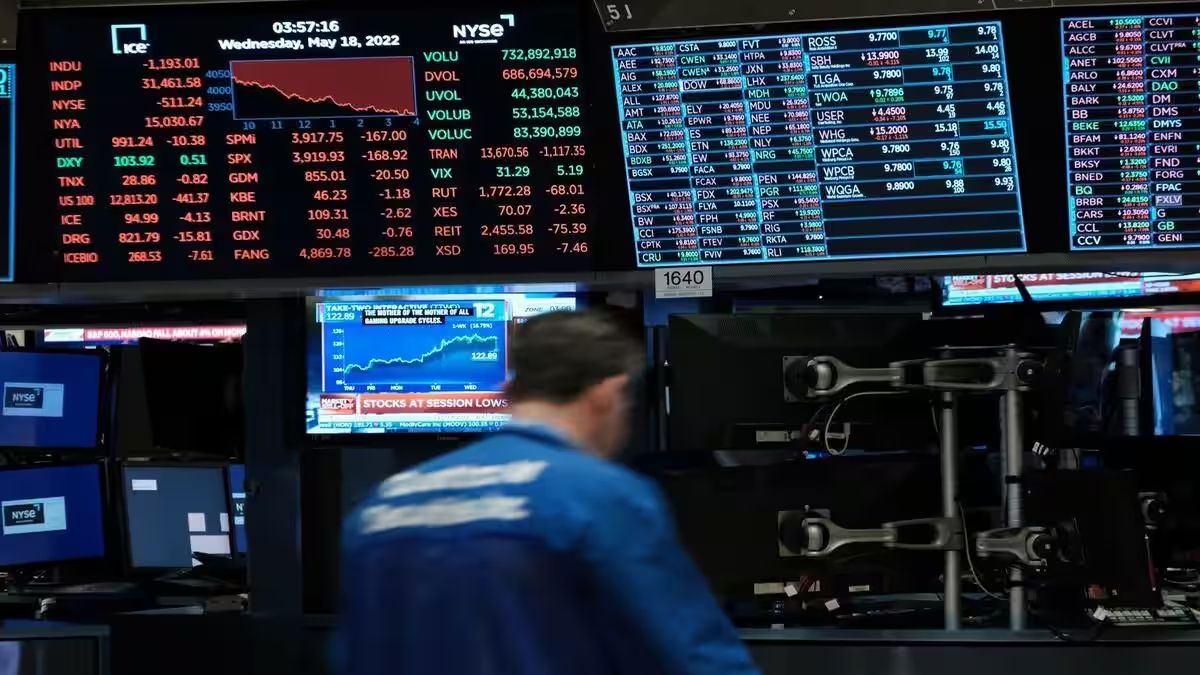China stocks fell to around nine-month lows on Monday as investors were disappointed by milder-than-expected measures by authorities to boost confidence in the economy, with sluggish recovery and property woes keeping sentiment fragile.
– China’s blue-chip CSI 300 Index was down 1.4% at the close, while the Shanghai Composite Index lost 1.2%.
Both the CSI and Hang Seng benchmarks dropped to their lowest levels since late November 2022, erasing all gains accumulated after China’s reopening from COVID curbs.
– China cut its one-year benchmark lending rate on Monday, but surprised markets by keeping the five-year rate unchanged, falling short of market expectations of cuts to both rates.
– On Friday, China’s securities regulator unveiled a package of measures aimed at reviving a sinking stock market, including cutting trading costs, supporting share buybacks and encouraging long-term investment.
– “The government’s policy support has arguably been less than what was indicated earlier in the year,” said UBS economists led by Tao Wang.
– UBS downgraded China’s GDP growth forecast to 4.8% for 2023 from 5.2% earlier.
– Most sectors fell in mainland markets, with shares of property developers, tourism-related firms , new energy and securities brokers down between 2% and 3.5% each to lead the decline.
– Foreign investors sold Chinese shares via the Stock Connect for the eleventh session in a row, selling a net 6.4 billion yuan ($875.2 million) on Monday.
– In Hong Kong, tech giants and property developers both lost roughly 2%.
– Goldman Sachs expects Chinese stocks will settle in a lower trading range than previously expected, until more forceful policy responses are made available to backstop the contagion risk from the ailing housing market.
– The bank’s analysts cut the full-year earnings per share growth estimate for MSCI China to 11% from 14%.

